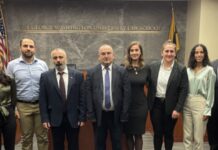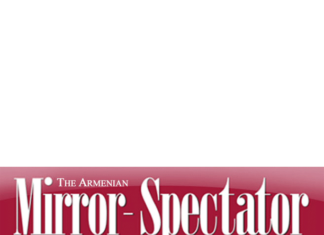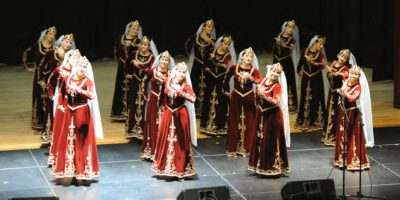By Edmond Y. Azadian
Ahmed Davutoglu, Turkey’s foreign minister, has laid his campaign plans to drown Armenian voices in 2015. Indeed, as Armenians prepare with their scarce resources to make the Genocide Centennial a turning point in history, Turkey, using its vast resources, has already taken the proactive stand to dampen the impact of those Armenian initiatives. This, of course, within Ankara’s “zero problem with neighbors” foreign policy. The Turkish foreign minister has already picked his topic to counter the Armenian onslaught: the centennial celebration of the Gallipoli campaign, which coincidentally began on April 25, 1915, exactly one day after the Armenian intelligentsia and leadership were arrested and marked for slaughter. The campaign had lasted until January 9, 1916. The Gallipoli campaign and Anzac Day are known better by name than by historic substance.
During World War I, Allied Forces, headed by Britain, were fighting the Central Powers headed by Germany. The Australians’ and New Zealanders’ Army Corps (Anzac), as British colonial subjects, were drafted in the British Army, and Turkey had joined Germany against the Allies. One of the significant battles took place at the Dardanelles, with the Allies trying to open a route through the Straits of Bosphorus to connect with their Russian allies in the East.
Today, Anzac Day is considered by the Australians as the dawn of their national consciousness, while for the Turks, the battle places Mustafa Kemal, then the head of Turkish forces, on a historic pedestal, having began the campaign for the Turkish “liberation movement” (in fact the continuation of the Young Turks’ war and extermination policy) which eventually led to the foundation of the modern Turkish Republic in 1923.
For Australia, which was a former penal colony and belittled as such for long, perhaps it should not be surprising to enshrine a military defeat as the beginning of “national consciousness.” On Anzac Day, the most sacred holiday in Australia, people come to celebrate their defeat and honor the “power of the Turks,” their murderers. Every year thousands of Australians and New Zealanders visit Constantinople, modern-day Istanbul, to celebrate the Anzac Day.
This mentality is similar to the treatment of Turks by the Austrians. The Ottoman Armies tried to occupy Vienna twice, once during the 16th century under Soleiman the Magnificent and in 1683 under Kara Mustafa. They were routed twice, yet in 1983, the Austrian government decided to celebrate the tercentennial of its victory over the Ottomans and invited the Turks to turn the celebration into a Turkish-Austrian friendship celebration, never mind that in both wars the Turks massacred their Austrian prisoners.









